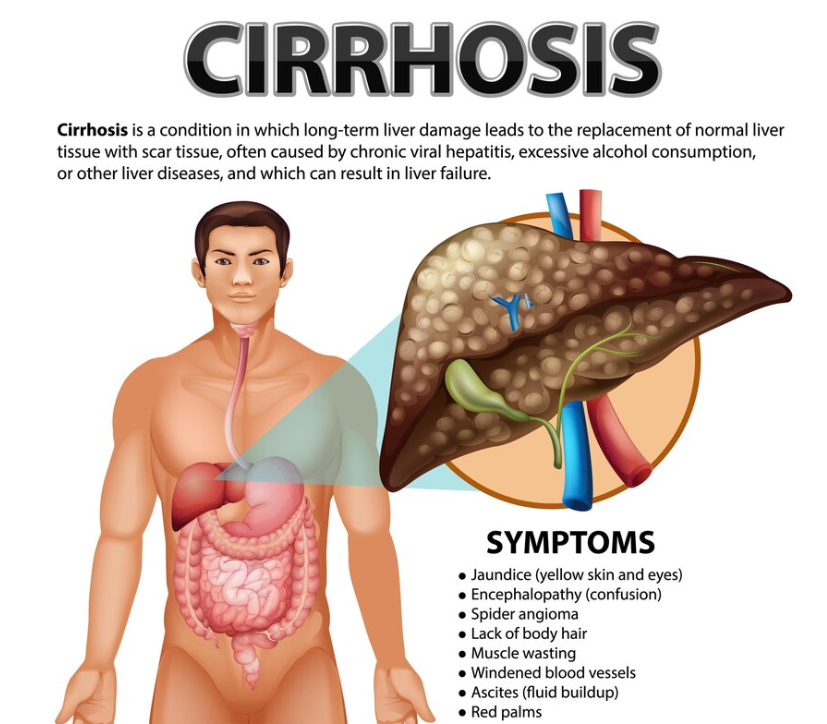
Hepatitis C and Cirrhosis: What You Need to Know
Introduction: Hepatitis C is a viral infection that can lead to serious liver damage, including cirrhosis. Let’s delve into what hepatitis C is, how it can progress to cirrhosis, and what you need to know about managing these conditions.
What is Hepatitis C? Hepatitis C is a viral infection that primarily affects the liver. It is transmitted through contact with infected blood, such as sharing needles or receiving a blood transfusion from an infected donor. Hepatitis C can cause both acute and chronic liver disease, with chronic infection being the most concerning as it can lead to long-term liver damage.
Progression to Cirrhosis: Chronic hepatitis C infection can lead to the development of cirrhosis over time. Cirrhosis is a condition where scar tissue forms in the liver, impairing its ability to function properly. As the liver becomes more scarred, it may eventually lead to liver failure and other complications.
Symptoms of Hepatitis C and Cirrhosis: In the early stages, hepatitis C may not cause noticeable symptoms. However, as the disease progresses, symptoms may include fatigue, jaundice (yellowing of the skin and eyes), abdominal pain, and fluid buildup in the abdomen (ascites). In advanced stages of cirrhosis, symptoms may worsen and can include confusion, bleeding disorders, and liver cancer.
Managing Hepatitis C and Cirrhosis: Fortunately, there are effective treatments available for hepatitis C, including antiviral medications that can cure the infection and prevent further liver damage. However, if cirrhosis has already developed, treatment focuses on managing symptoms, preventing complications, and slowing the progression of the disease. Lifestyle changes such as avoiding alcohol, maintaining a healthy diet, and regular exercise can also help support liver health.
Conclusion: Hepatitis C is a serious liver infection that can lead to cirrhosis if left untreated. By understanding the risks associated with hepatitis C and cirrhosis, individuals can take proactive steps to protect their liver health through early detection, treatment, and lifestyle modifications.
To seek medical advice, always consult a Doctor. Here are our recommended experts. Click here
To read more on Respiratory disease . Click Here


